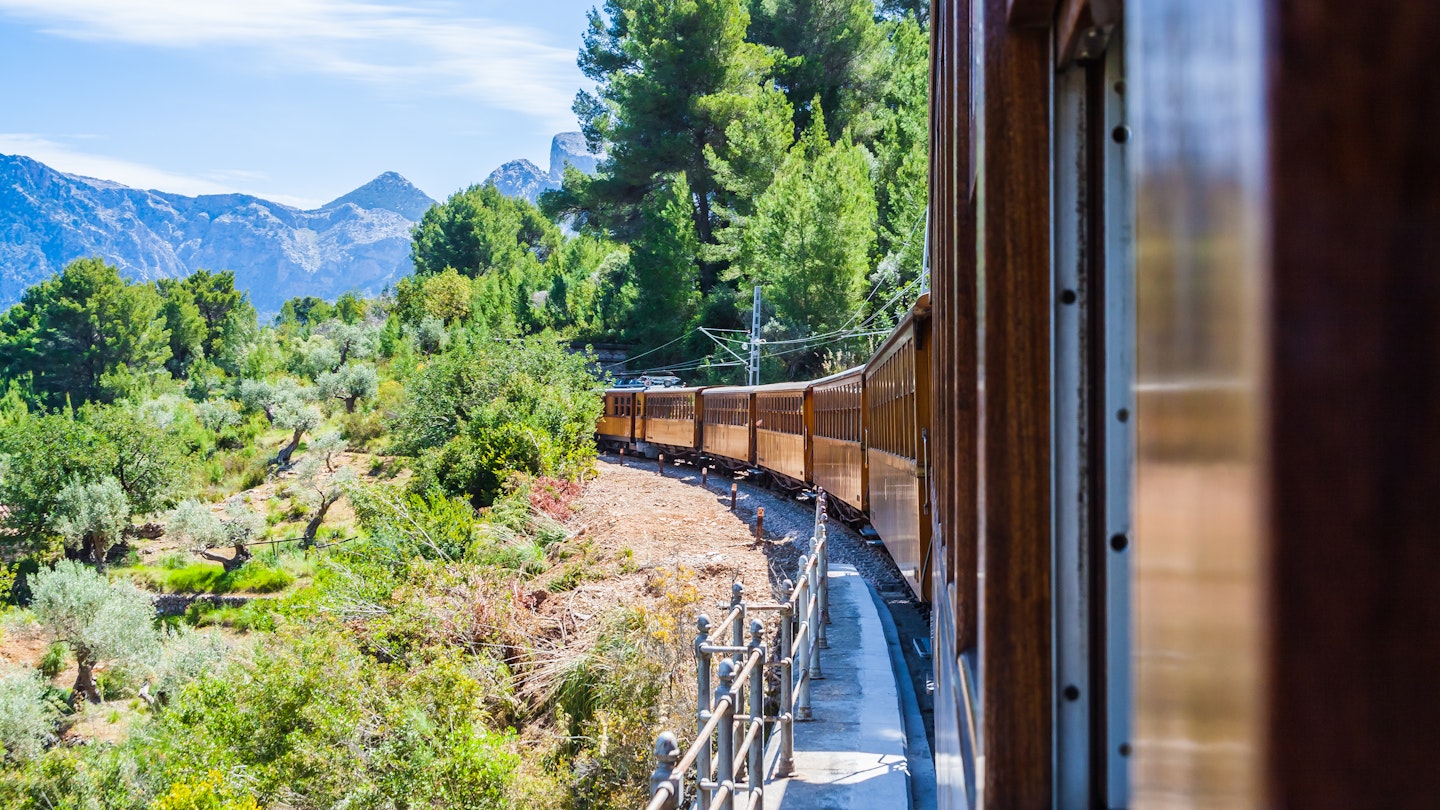Traveling by Train in Spain: A Comprehensive Guide
Spain boasts Europe’s longest high-speed rail network, second only to China globally, making train travel an exceptional choice for exploring this vibrant country. In one day, travelers can enjoy Gaudí’s architectural genius in Barcelona, visit Madrid’s world-class museums, and still arrive in Seville for a sunset flamenco show.
Exceptional Train Services Across Spain
With over a thousand stations and thousands more daily departures, getting around Spain by train transforms what could be a stressful necessity into a straightforward joy. Seat reservations on most services ensure comfortable, uncrowded rides, while electric-powered trains contribute to a more sustainable travel experience. Here’s how to plan your train trip in Spain like a pro.
Types of Train Services in Spain
Understanding the different types of train services can enhance your travel experience:
- High-Speed Services: These trains connect major cities, primarily via Madrid, reaching speeds of up to 310 km/h (193 mph). The notable AVE trains and newer offerings from operators like Iryo and Ouigo are part of this category.
- Mid-Distance Services: Renfe operates these under names like Media Distancia and Avant. Although these services may not reach the speed of high-speed trains, they remain efficient for major routes.
- Regional Trains: Slower and often older, these trains connect smaller towns and are essential for reaching more remote locations.
Unique Tourist Trains and Scenic Routes
Spain also offers a selection of specialist rail routes, known as “tourist trains,” which traverse picturesque landscapes. Some highlights include:
- Tren dels Llacs: A seasonal scenic route through the Pre-Pyrenees.
- Transcantábrico: A luxury train hotel experience through northern Spain.
International Train Travel
While the mainland offers robust rail connections, island routes are limited. Notably, Mallorca features only a few short, modern lines and the historic Soller train. Traveling internationally, connections exist to France via TGV services and Renfe’s International AVE trains.
Tips for Booking Train Tickets
For optimal savings and seat guarantees, consider these booking insights:
- Early booking is recommended as Spain’s rail operators utilize dynamic pricing.
- Check different stations for the best-priced direct tickets.
- Two single fares can sometimes be cheaper than a return ticket.
Discounts and Benefits
Discount programs are available for various travelers, including seniors and youths. Moreover, babies and small children often travel for free. The Spain Rail Pass provides discounted fares across several journeys, although advanced bookings may offer greater savings on certain routes.
Onboard Amenities and Comfort
Traveling on Spain’s high-speed trains guarantees a spacious and comfortable experience. Common facilities include:
- Dining options ranging from cafe-style cars to at-seat service (depending on the travel class).
- Complimentary Wi-Fi and device charging options are often available on newer services.
Scenic Routes Worth Exploring
Spain’s railways also feature numerous scenic routes perfect for sightseeing:
- Santander to Oviedo: This slow scenic rail journey showcases lush landscapes in northern Spain.
- Granada to Almería: A picturesque three-hour journey taking you through stunning Sierra Nevada foothills.
- Palma de Mallorca to Soller: Experience a charming ride through the Tramuntana mountains aboard a vintage wooden train.
Travel Tips for Train Stations
Be mindful that Spain’s larger cities often have multiple train stations. Always confirm your departure point and allow ample time to navigate. Major stations include food options, but picking up a picnic from a local delicatessen can enhance your travel experience.
Accessibility Services
Spain’s rail infrastructure is gradually improving accessibility. Most major stations offer assistance for travelers with accessibility needs, ensuring a more inclusive travel environment.
Final Thoughts on Train Travel in Spain
Traveling by train in Spain often proves to be a faster and more economical alternative compared to flying, especially when considering travel time to and from airports. Consequently, renting a car may be worthwhile for road trips, but for long-distance commutes, trains remain the preferred option.





